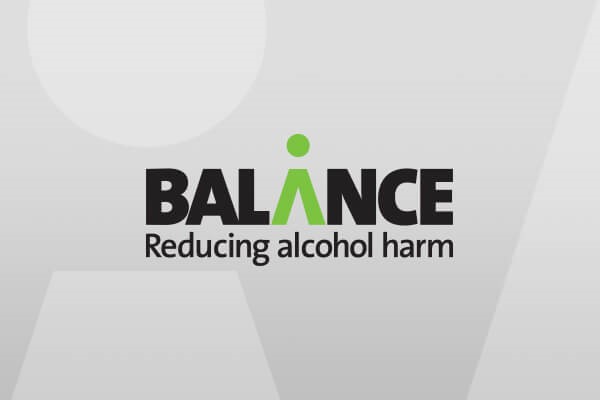Balance response to Drinkaware research
Colin Shevills, Director of Balance, said: “Today’s (May 13) Drinkaware research emphasises the key role that parents have in forming and enabling the drinking attitudes and behaviours of their children.
“The majority of North Easterners don’t consider it normal for children and young people to drink alcohol or for their parents or other adults to enable them to do so. We know this is helping to reduce the number of children and young people who take up drinking at an early age.
“However, while statistics show that the number of young people drinking alcohol in the region is falling, those that are drinking are drinking more than ever before. Parents who provide alcohol for their children need to recognise the potential damage it is doing and act before it’s too late.”
Evidence has shown that alcohol seriously impairs brain development in young people and the former Chief Medical Officer advised that young people should experience an alcohol free childhood until at least the age of 15-years-old.
Drinking alcohol can also make children and young people vulnerable, increase the chances they’ll be involved in an accident or crime and encourages poor decision making around issues including unprotected sex, drug use and smoking.
Colin added: “It is of vital importance that parents begin to talk to their children about alcohol around the time they begin secondary school, certainly before the age of 13. This will help young people make an informed decision, long before they find themselves in a situation involving alcohol. Research shows that young people are 12 times less likely to drink alcohol if their parents set clear boundaries.”
These clear boundaries include leading by example and not drinking regularly, or to excess in the presence of children. This will ensure that regular and heavy consumption is not viewed as socially normal or acceptable.
